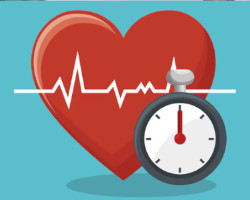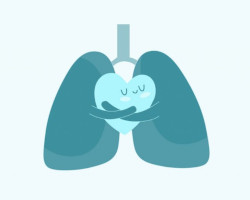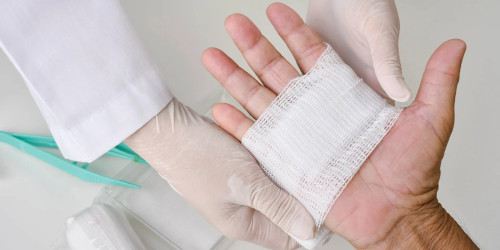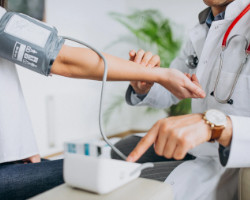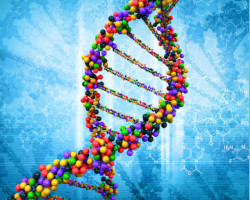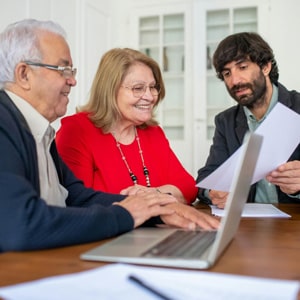Neuro Rehabilitation
Reawaken the joy of cherished memories with SCASCI's advanced neuro rehabilitation centers in Bangalore. We specialize in delivering exceptional care and rehabilitation for conditions such as Alzheimer’s, Dementia, Stroke, Paralysis, Parkinson’s, and more. Join us on a transformative journey of healing and recovery, and step into a brighter, more hopeful future with SCASCI’s expert care.
Neurological rehabilitation is an all-encompassing treatment designed to support individuals diagnosed with trauma or neurological disorders. It addresses a wide variety of conditions affecting the components of the nervous system, including the brain, spinal cord, cranial and peripheral nerves, neuromuscular junction, and muscles. These conditions may involve cerebrovascular issues like stroke, Guillain-Barré syndrome, Lou Gehrig’s disease, migraines, multiple sclerosis, Alzheimer’s disease, other types of dementia, Parkinson’s disease, brain tumors, neuro infections, traumatic nervous system injuries from head trauma, and disorders linked to malnutrition. At SCASCI, we are dedicated to providing expert care and support to enhance recovery and improve quality of life.
The main objective of rehabilitation is to improve functionality, reduce debilitating symptoms, boost independence, and elevate the overall quality of life for patients. Rehabilitation techniques are customized to meet the specific needs of each individual, taking into account the type of disorder and the areas of the body affected by the neurological condition. At SCASCI, our rehabilitation programs are overseen by a team of highly skilled and experienced physicians, ensuring a holistic approach to recovery. This personalized and comprehensive care is what sets SCASCI apart as a leading rehabilitation center in Bangalore.
Neuro Rehabilitation is an essential component in the recovery journey for individuals who have faced significant neurological challenges, such as strokes, spinal cord injuries, spinal tumors, traumatic brain injuries, vascular disorders, or progressive conditions like multiple sclerosis. This specialized form of rehabilitation not only focuses on immediate medical interventions but also emphasizes the transition to long-term recovery.
The Neuro Rehabilitation process is highly individualized, addressing each patient's distinct goals and obstacles. It involves a multidisciplinary approach, integrating the expertise of various healthcare professionals, including neurologists, orthopaedists, physiatrists, physical therapists, Rehab specialists, speech therapists, occupational therapists, psychologists, Registered Nurses, vocational counselors, and Dieticians. Together, they create personalized treatment plans that target specific deficits, enhance functionality, and improve the overall quality of life.
Therapeutic interventions may include physical exercises to improve mobility and strength, cognitive therapy to address memory and attention issues, and speech and language therapy to address communication challenges. Additionally, the psychological aspect of recovery is critical, as many patients experience emotional and behavioral changes following their injuries. Therefore, support for mental health and coping strategies is integral to rehabilitation.
Neuro Rehabilitation aims to restore lost abilities and focuses on maximizing the patient’s potential for independence and reintegration into daily life. By carefully monitoring progress and adapting interventions as needed, this approach is a vital link between initial medical treatment and the broader goal of sustained recovery and improved life satisfaction.
